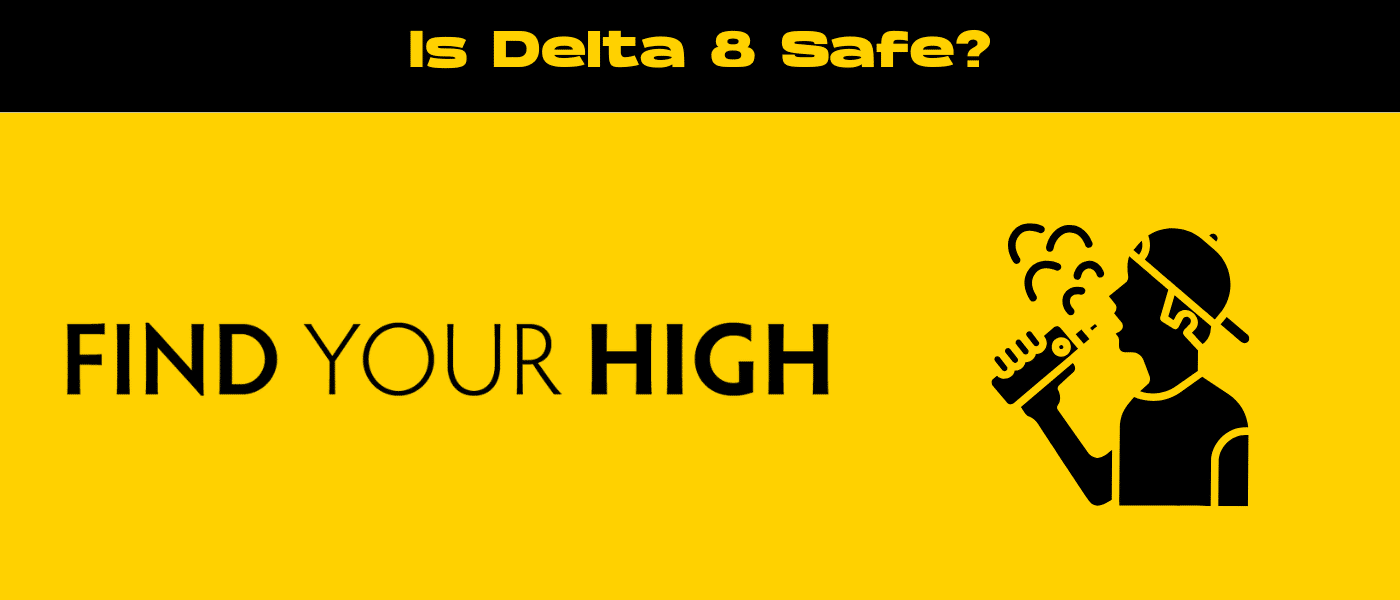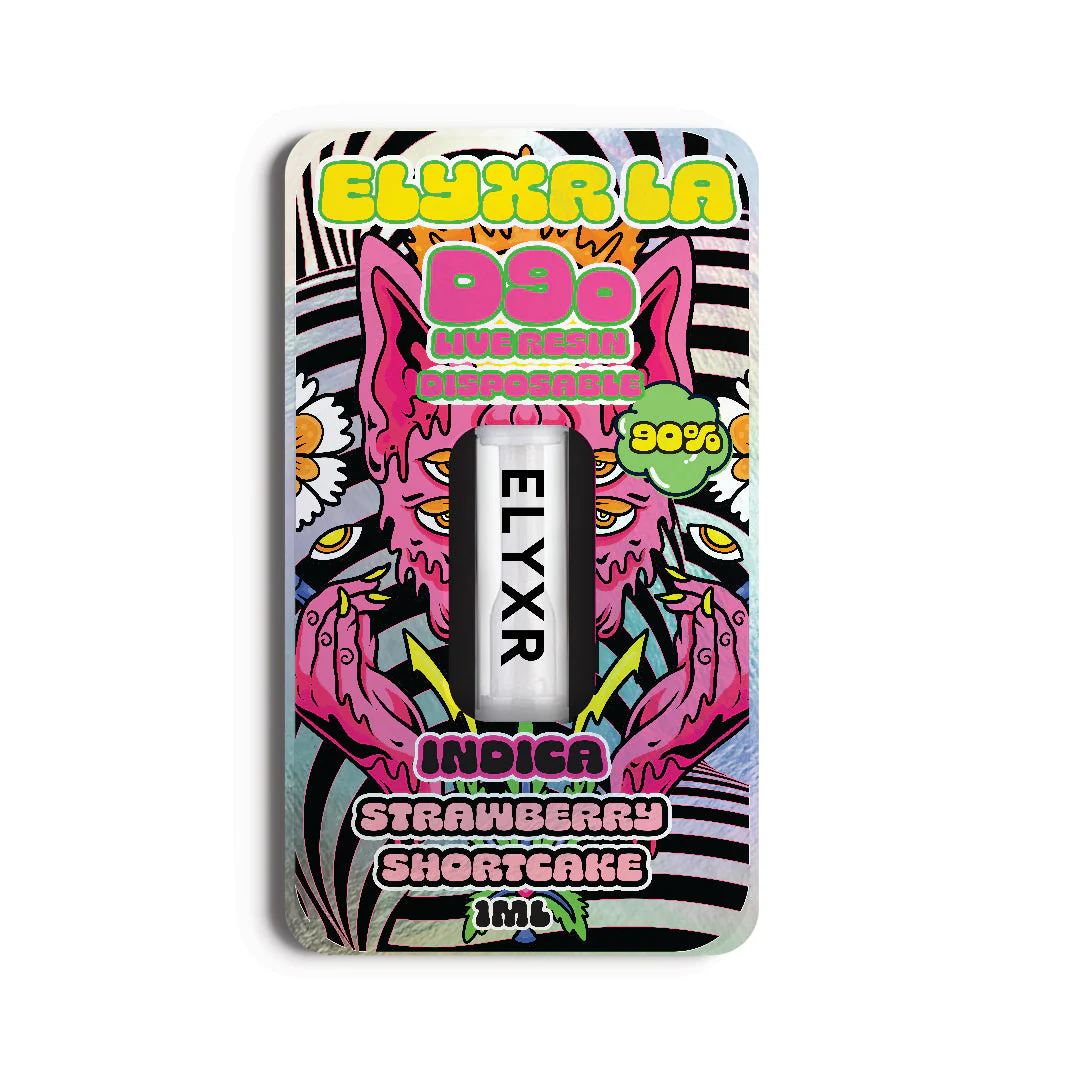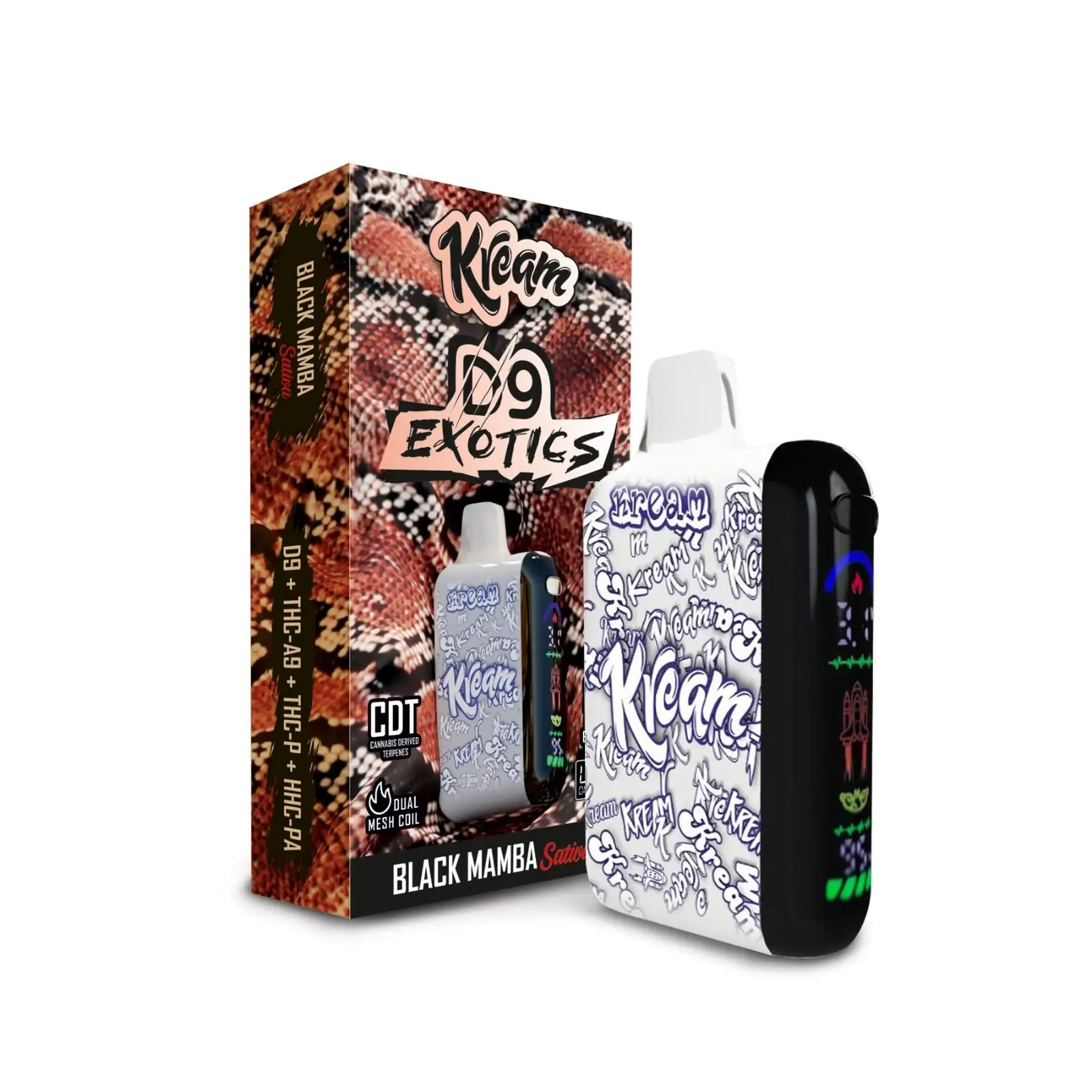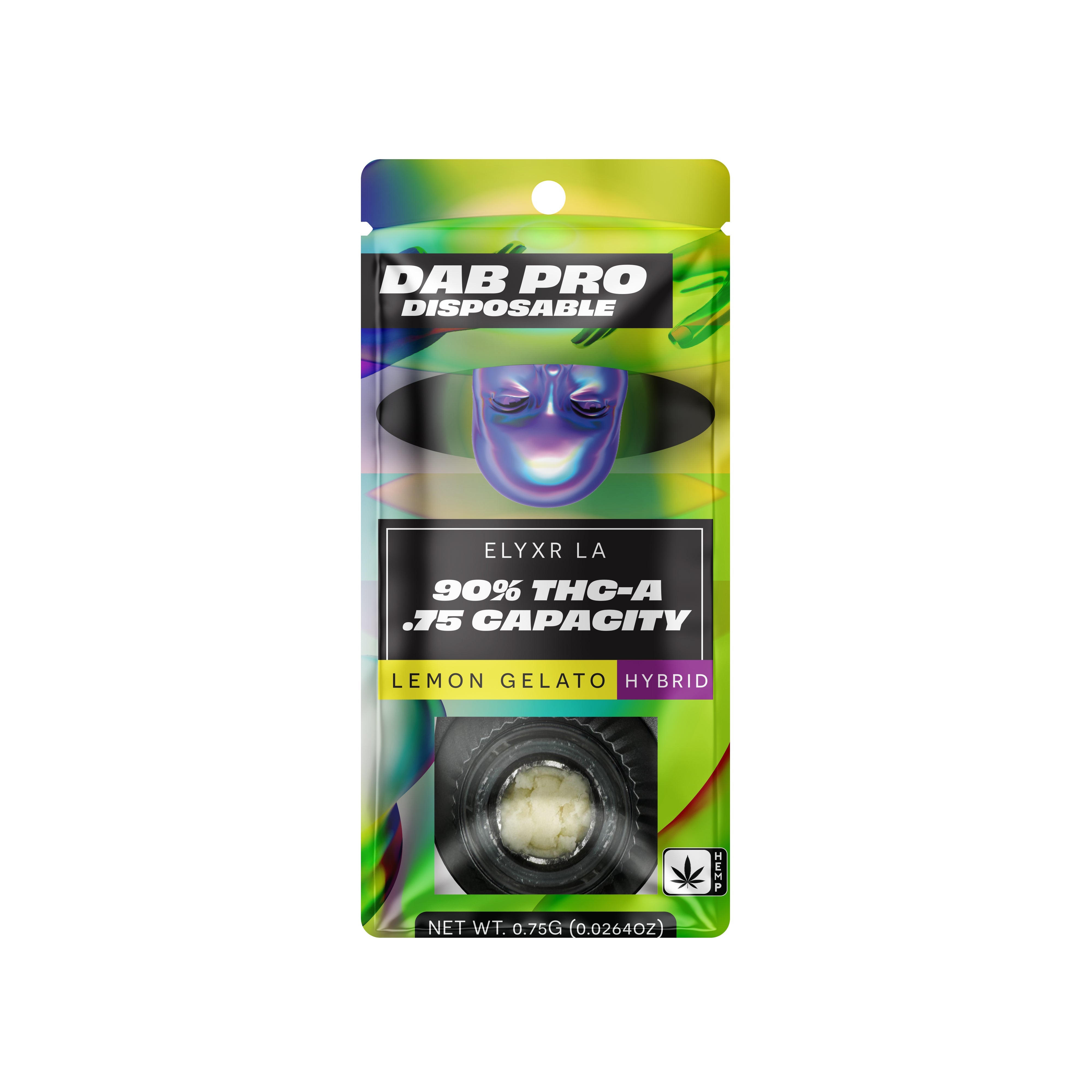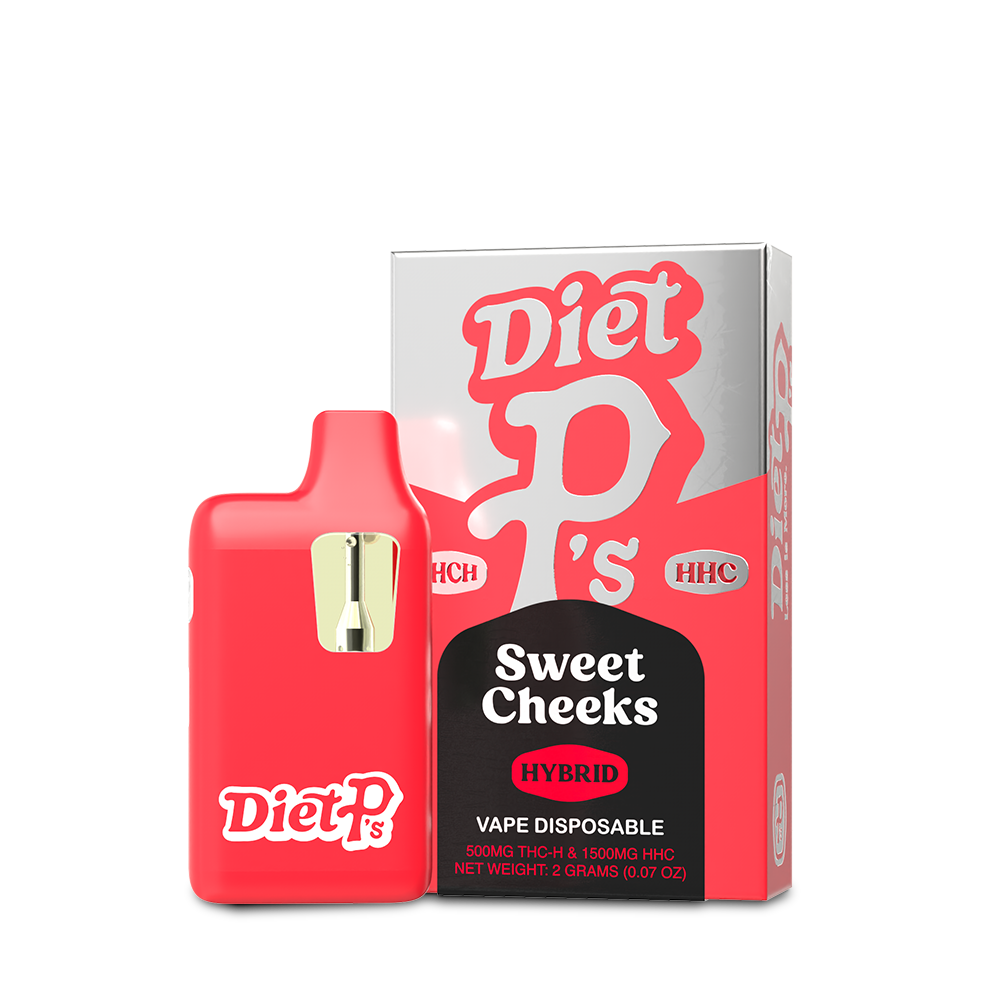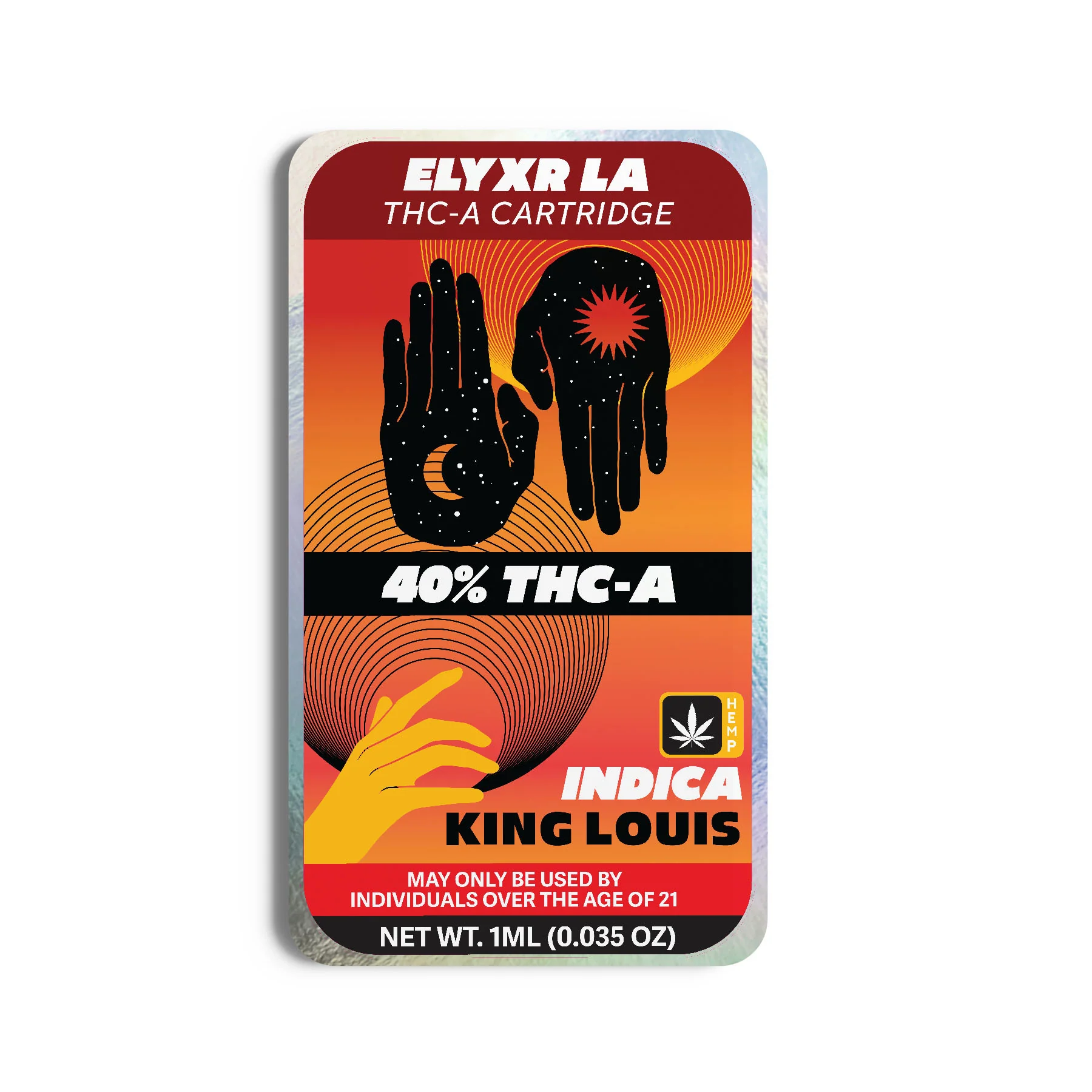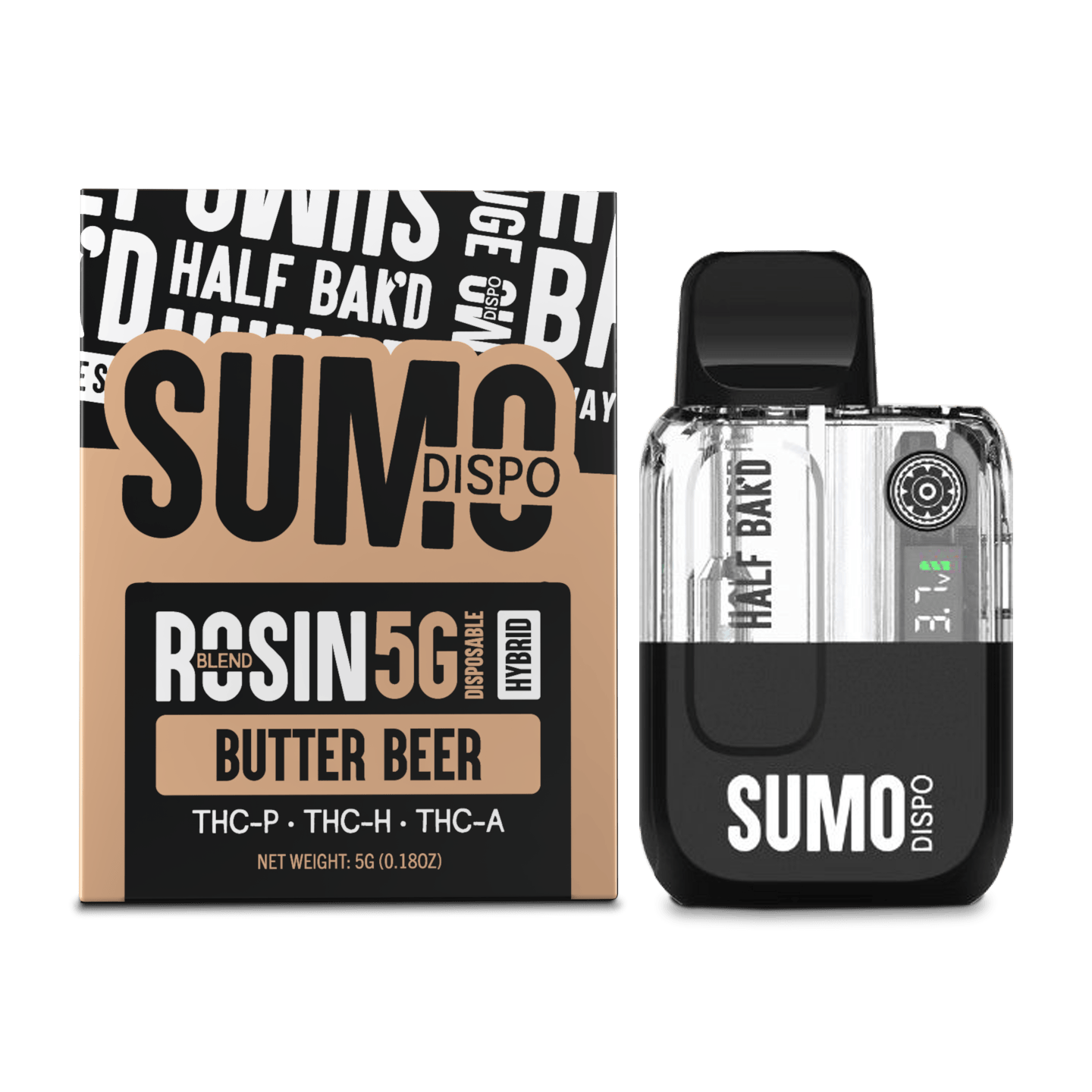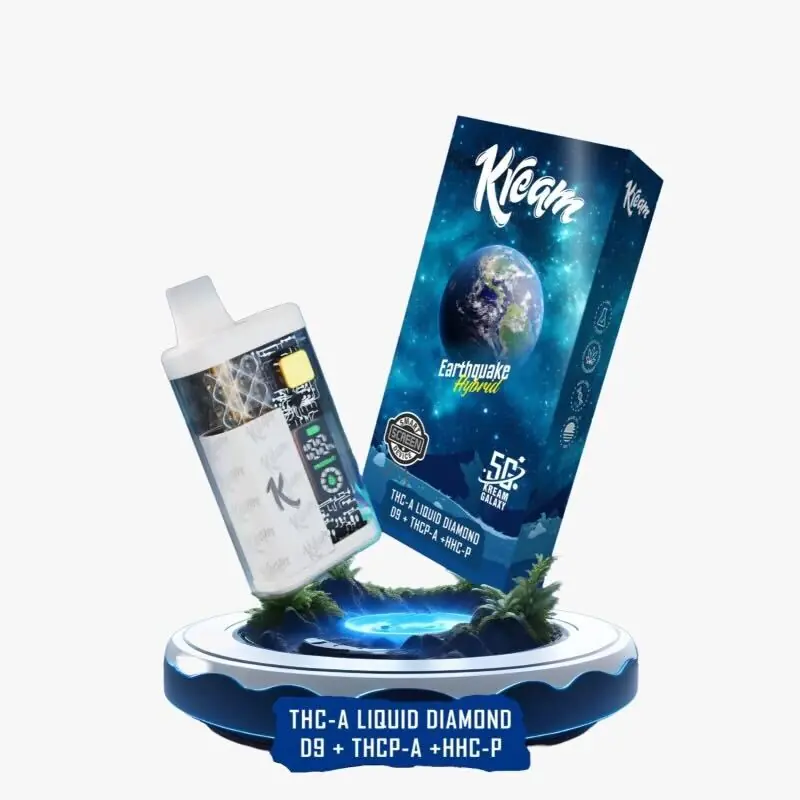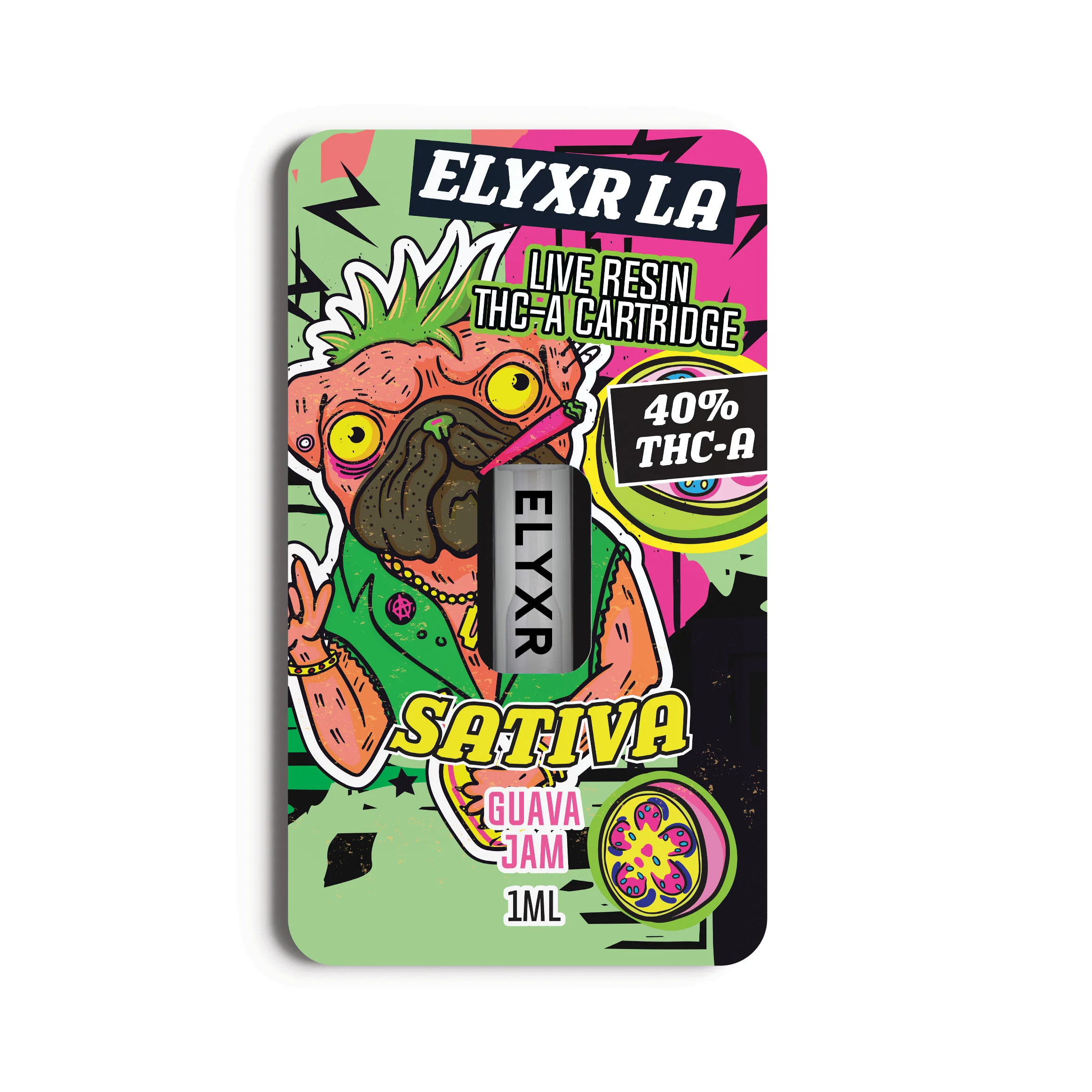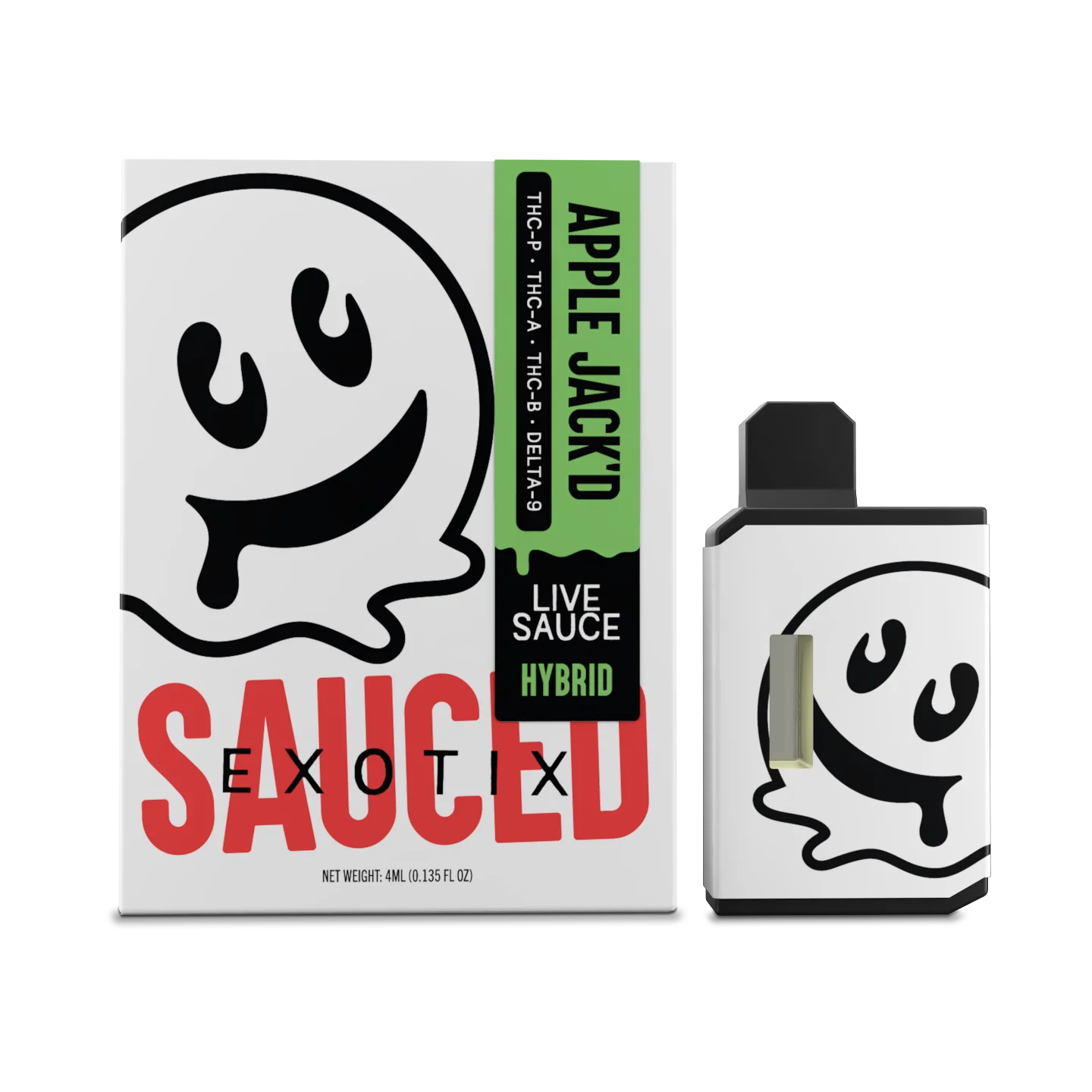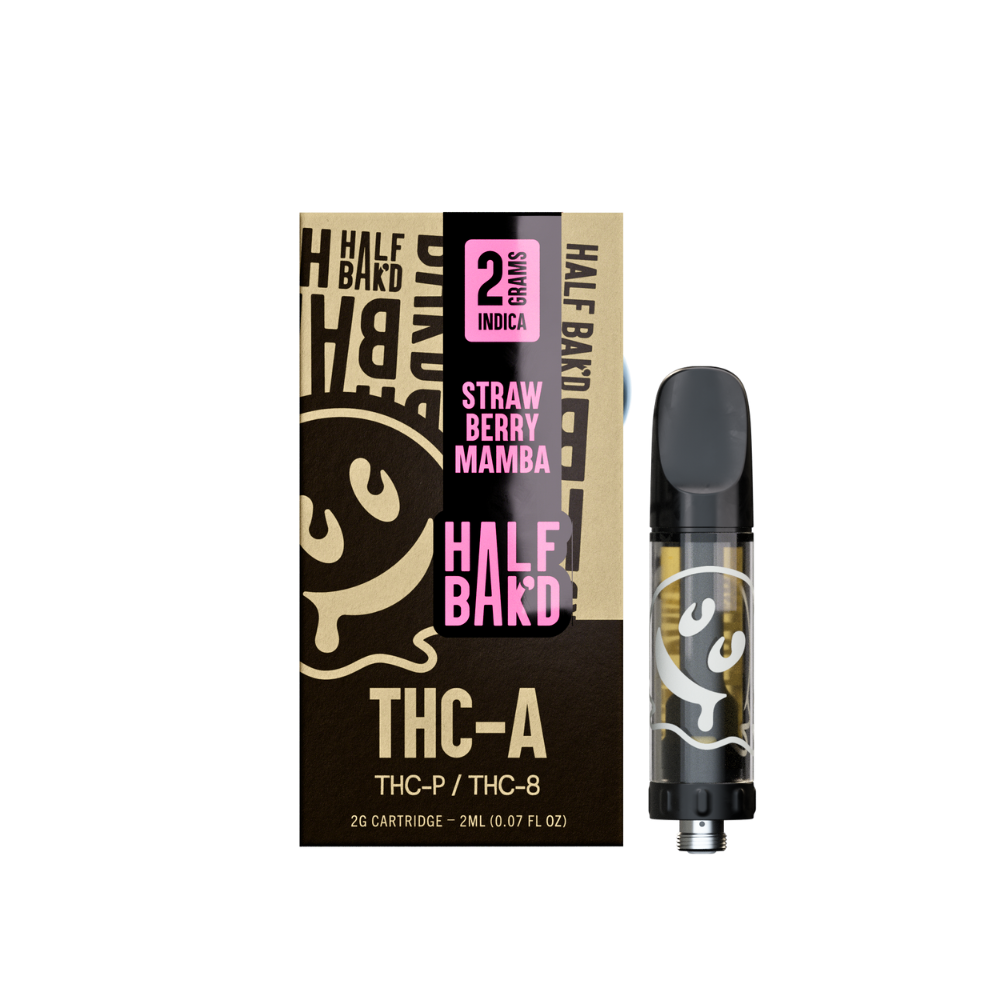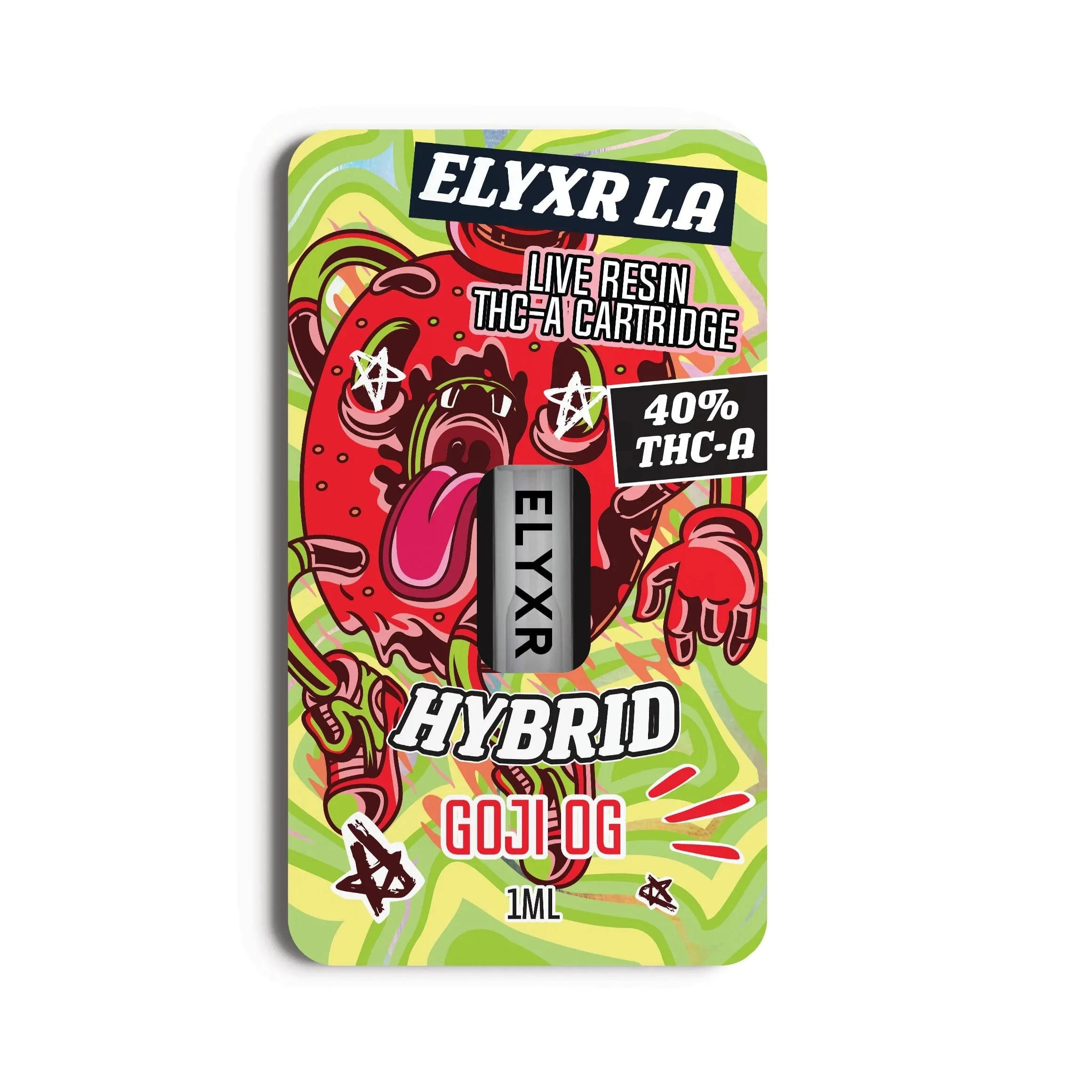Delta 8 THC has quickly become a buzzword in the cannabis world, thanks to its growing popularity in hemp products, vape cartridges, and delta 8 THC products sold across the U.S. But with this surge comes a common question: “Is Delta 8 safe?” Understanding the safety, legality, and potential effects of this psychoactive substance is crucial for anyone curious about cannabis use, hemp-derived cannabidiol, or THC products.
Delta 8 is a minor cannabinoid naturally found in the cannabis plant and cannabis sativa plant, similar in chemical structure to delta 9 THC, the primary psychoactive compound in marijuana. However, Delta 8 is often described as less potent, producing similar effects to regular THC but with reportedly milder psychoactive effects. While many consumers enjoy delta 8 for its potential benefits, safety concerns, regulatory gaps, and reports of adverse events have raised red flags in the public health and cannabis research communities.
In this guide, we’ll explore the science, potential risks, and safe use considerations for Delta 8, so you can make informed choices about hemp products, THC products, and other cannabis products.
What is Delta 8 THC?
Delta 8 THC is a cannabinoid, a naturally occurring compound in the cannabis plant. Structurally, it is very similar to delta 9 THC, differing only slightly in the location of a double bond in its chemical structure. This subtle difference is responsible for Delta 8’s less potent but still psychoactive effects.
Unlike regular cannabis or delta 9 THC, Delta 8 is usually present in small amounts in hemp. Most delta 8 THC products are manufactured by converting hemp-derived cannabidiol (CBD) into Delta 8 through a chemical process. Because of this conversion, the final product can contain chemicals that may raise safety concerns if not properly lab tested.
Consumers often choose Delta 8 for its psychoactive effects, such as relaxation, pain relief, and mild euphoria, which are typically less intense than what you’d experience with marijuana or THC products. However, its potency can vary depending on the dose, product form, and individual cannabinoid receptor interactions in the brain and body.
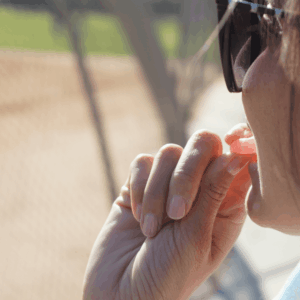
How Delta 8 Differs from Delta 9 THC
While Delta 8 and Delta 9 THC share a similar chemical structure, they have important differences that influence psychoactive effects, potency, and safety.
- Delta 9 THC is the main psychoactive compound in marijuana, known for producing strong euphoria, heightened sensory perception, and potential anxiety in some users.
- Delta 8 THC produces milder effects, often described as relaxing, less intense, and with reduced anxiety.
- Both cannabinoids interact with the cannabinoid receptors in the brain and body, but Delta 8’s binding affinity is slightly weaker, which may contribute to fewer adverse events in some users.
Despite its less potent effects, Delta 8 is still a psychoactive substance, meaning it can impair judgment, coordination, and cognition, especially in children, inexperienced users, or those unfamiliar with THC products. Understanding these differences is crucial when evaluating is Delta 8 safe.
Reported Effects of Delta 8
Users of Delta 8 often report a combination of psychoactive and physical effects:
- Mild euphoria and enhanced mood
- Relaxation and stress relief
- Pain relief for minor aches and inflammation
- Appetite stimulation similar to delta 9 THC
Effects tend to be potent but manageable, which is why Delta 8 is sometimes referred to as weed light or diet weed. However, like all THC products, effects can vary significantly depending on dose, form, and tolerance levels. Overconsumption can result in difficulty breathing, anxiety, or other adverse events that may require contacting poison centers or America’s poison centers.
It’s also important to note that some delta 8 THC products may contain harmful chemicals from the manufacturing process. Choosing lab-tested products helps reduce the risk of exposure to dangerous chemicals, which may otherwise cause serious health risks.
Potential Benefits of Delta 8
While research on Delta 8 is still in its early stages, preliminary findings and anecdotal reports suggest several potential therapeutic benefits:
- Pain relief: Delta 8 may help reduce muscle tension, chronic pain, or discomfort in mild amounts.
- Anti-inflammatory effects: Similar to other cannabinoids, it may provide therapeutic relief for inflammation-related conditions.
- Reduced anxiety: Many users report a calming effect without the paranoia sometimes associated with delta 9 THC.
- Appetite stimulation: Useful in cases where weight loss or appetite suppression is a concern.
These potential benefits make Delta 8 an appealing hemp product for those seeking the psychoactive effects of THC with milder intensity. However, cannabis research emphasizes the need for more clinical studies to determine long-term safety, dosage guidelines, and efficacy in veterinary medicine or pharmaceutical applications.
Safety Considerations
One of the most important questions for consumers is is Delta 8 safe? There are several risk factors and safety considerations:
- Adverse events reported to the National Poison Data System include nausea, vomiting, and difficulty breathing, particularly in children exposed to edible forms.
- Delta 8 products can sometimes contain harmful chemicals leftover from the conversion process of CBD to Delta 8 THC.
- Unregulated products from convenience stores, gas stations, or online sources may not adhere to lab testing standards.
- High doses can lead to potent psychoactive effects, including anxiety, dizziness, or confusion, especially in individuals with low tolerance.
Public health organizations, including the FDA, warn that some Delta 8 products are marketed in a legal gray area without sufficient safety studies. Responsible use involves:
- Starting with small amounts to monitor effects
- Purchasing lab-tested Delta 8 THC products
- Storing away from children and pets to avoid accidental ingestion
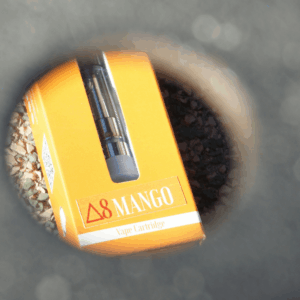
Legality and Regulatory Status
Delta 8’s legality is complex. Under the 2018 Farm Bill, hemp-derived cannabinoids containing less than 0.3% delta 9 THC are technically federally legal. However, state laws vary widely, and some, like South Carolina, have placed restrictions on Delta 8 sales and use.
Key considerations include:
- Age restrictions: Most states impose a minimum age for purchasing THC products, including Delta 8.
- Legal gray area: Delta 8 is often sold in places like gas stations, convenience stores, and online, sometimes without proper labeling.
- Compliance with lab testing and packaging requirements is crucial to reduce serious health risks.
Consumers must understand that legality does not always equal safety. Even federally legal Delta 8 THC products can contain harmful chemicals if poorly manufactured.
How to Consume Delta 8 Safely
Safe use of Delta 8 is essential to reduce risk and adverse events. Recommendations for safe consumption include:
- Start small: Use small doses to understand how your body reacts.
- Choose lab-tested products: Ensure third-party verification of final product contents.
- Select the right form: Vape cartridges, edibles, and tinctures offer different onset times and duration of effects.
- Avoid dangerous interactions: Do not mix with drugs, alcohol, or other psychoactive substances.
- Follow packaging guidelines: Adhere to dose recommendations and age restrictions.
Responsible consumption minimizes serious health risks, reduces exposure to potentially unsafe household chemicals, and ensures a more controlled psychoactive experience.
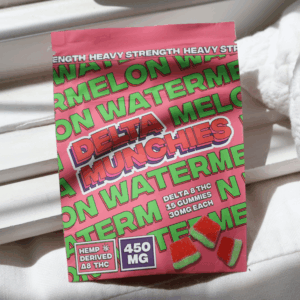
Conclusion and Key Takeaways
So, is Delta 8 safe? The answer depends on several factors: product quality, dosage, age, and individual tolerance. Here are the key points to consider:
- Delta 8 THC is a potent cannabinoid with psychoactive effects, but generally milder than delta 9 THC.
- Safety concerns mainly arise from unregulated products, chemical contaminants, and improper dosing.
- Lab-tested Delta 8 products from reputable manufacturers are far safer than those purchased at gas stations or convenience stores.
- The legal gray area means state laws and regulations must be observed carefully.
- Potential benefits include pain relief, anxiety reduction, and enhanced mood, but more cannabis research is needed to confirm long-term safety and efficacy.
Delta 8 offers a unique experience for those seeking milder THC effects. Responsible, informed use—paired with proper lab testing, age restrictions, and awareness of adverse events—can make Delta 8 a safe and enjoyable addition to your cannabis products rotation. As research continues, users will gain a clearer understanding of its therapeutic potential and long-term safety profile.
Frequently Asked Questions
1. What does delta 8 do to your brain?
Delta 8 THC interacts with cannabinoid receptors in the brain and central nervous system, much like delta 9 THC. This interaction produces psychoactive effects, including mild euphoria, relaxation, enhanced mood, and sometimes mental clarity. Because Delta 8 has a slightly different chemical structure than Delta 9 THC, its effects tend to be less intense, often producing similar effects without the strong anxiety or paranoia that some users experience with regular cannabis.
2. Is delta 8 hard on your liver?
There’s limited research on Delta 8’s impact on the liver, but some studies suggest that high doses of THC products could stress liver function, especially when combined with pharmaceutical drugs or alcohol. Choosing lab-tested Delta 8 THC products and consuming small amounts can help minimize potential health risks. Individuals with pre-existing liver conditions should consult a healthcare professional before use.
3. Is delta 9 safer than delta 8?
Safety depends on dose, tolerance, and product quality. Delta 9 THC is more potent and often associated with stronger psychoactive effects, including anxiety or paranoia, whereas Delta 8 is generally considered milder. However, unregulated Delta 8 products may contain harmful chemicals from manufacturing, making them potentially less safe than properly regulated Delta 9 THC products. Responsible use and third-party lab testing are key to minimizing risk.
4. Why do I feel so high on Delta 8?
Feeling strong psychoactive effects from Delta 8 can happen for several reasons:
- High potency products or high doses
- Low tolerance levels to THC products
- Interactions with other cannabinoids or substances
- Individual differences in cannabinoid receptors and body’s endocannabinoid system
Even though Delta 8 is often marketed as milder than Delta 9, it is still a psychoactive substance, so small doses are recommended for newcomers or anyone sensitive to THC products.




